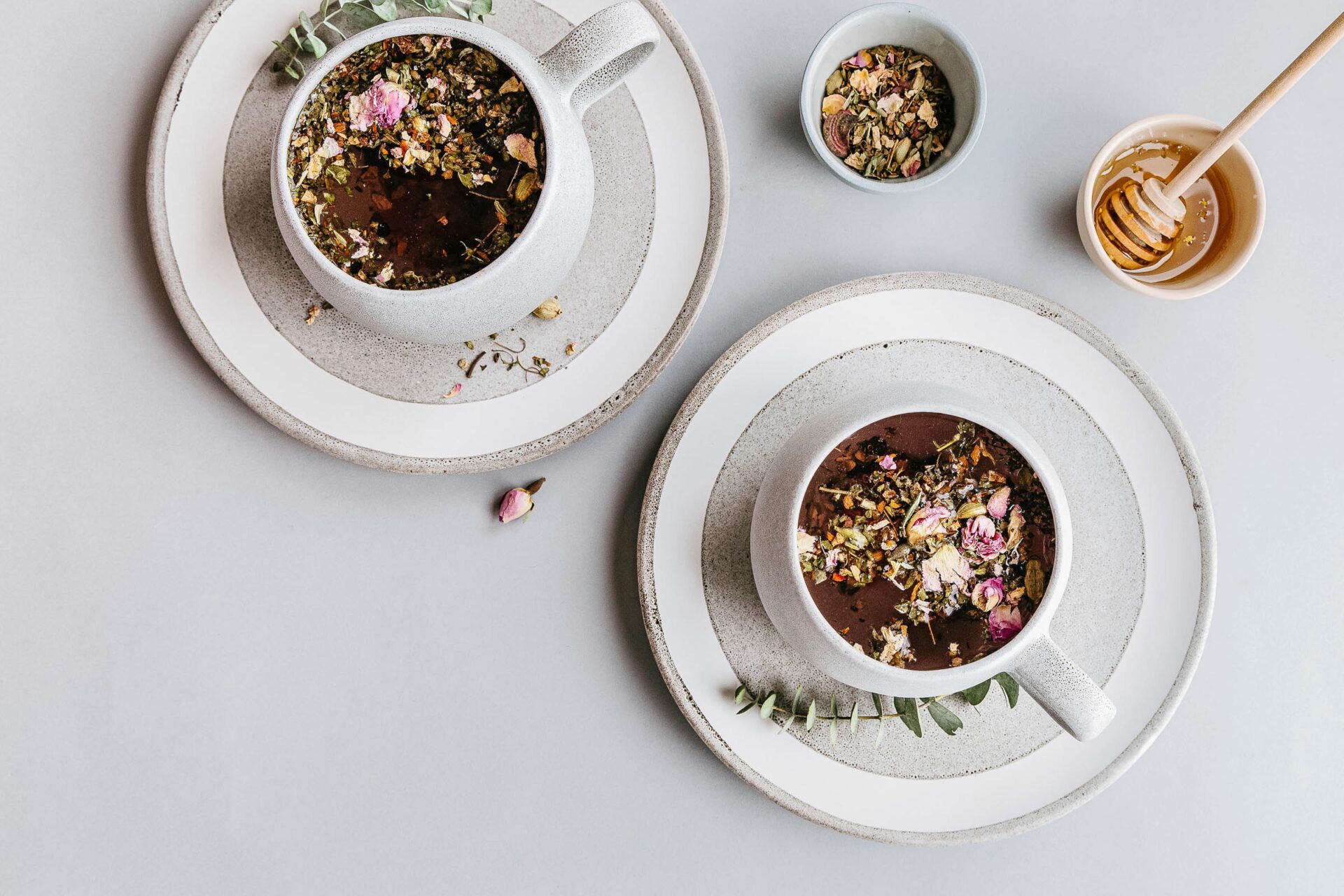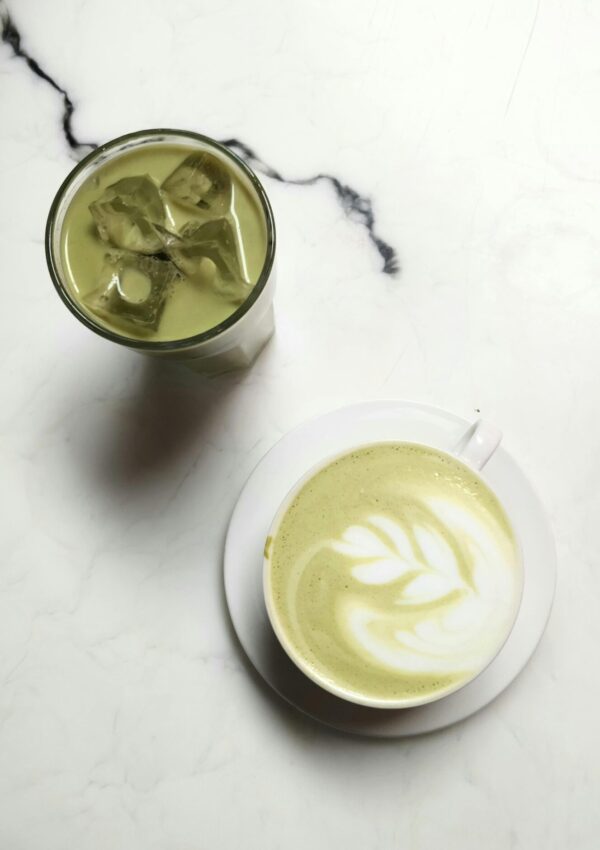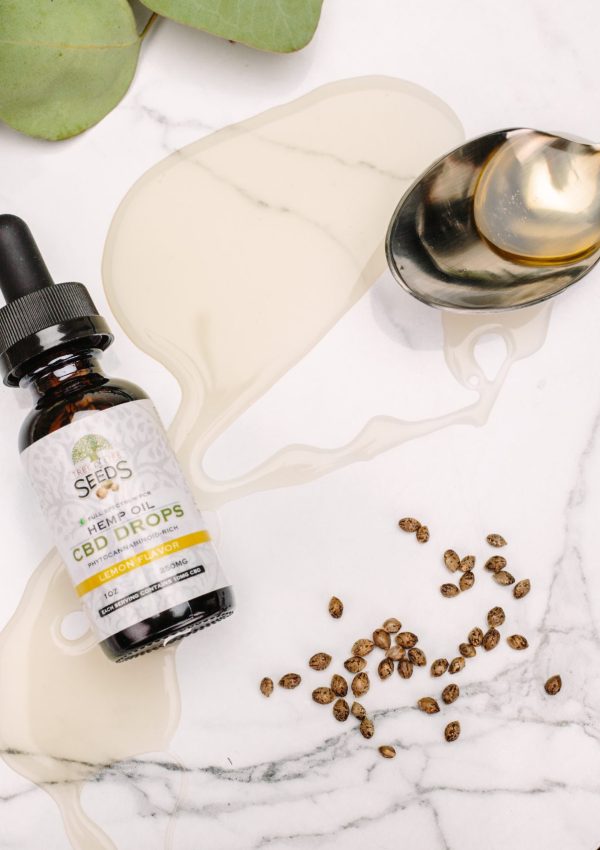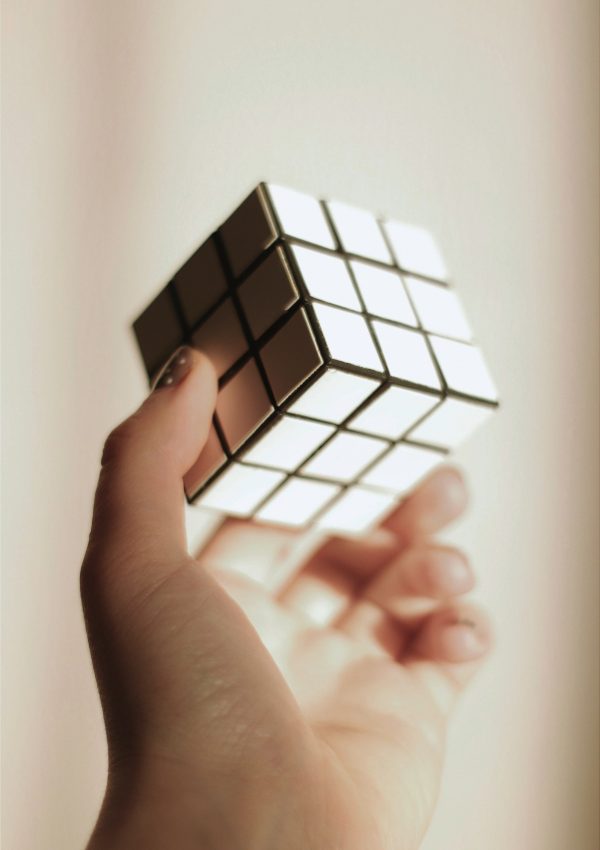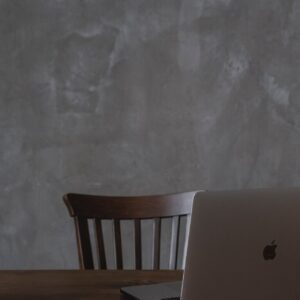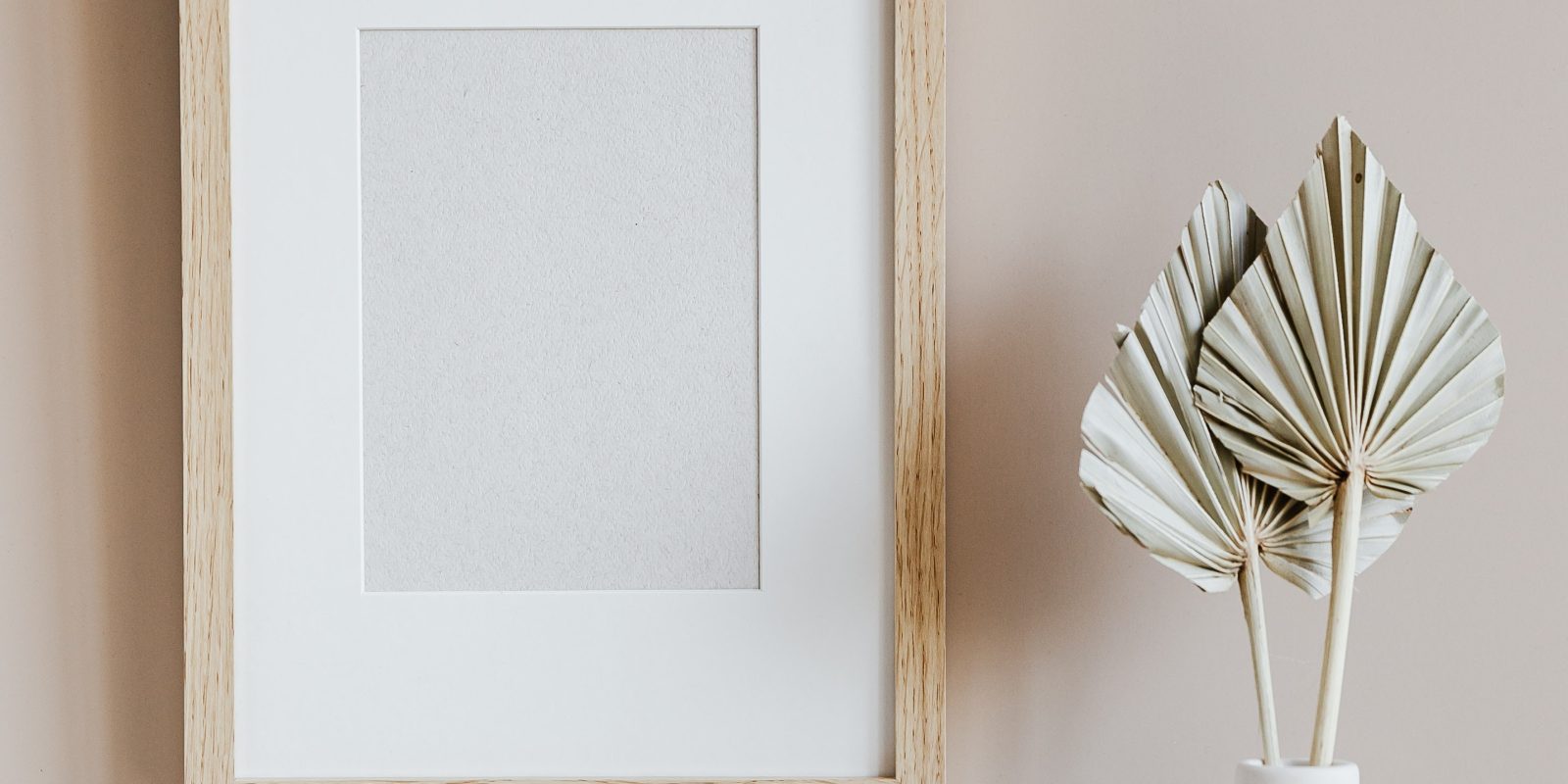 The term minimalist is defined as something that’s stripped down and bare. It’s used to reference music, art, or a decor scheme. Minimalism is taking over, from our lifestyles to aesthetics to logos and design.
The term minimalist is defined as something that’s stripped down and bare. It’s used to reference music, art, or a decor scheme. Minimalism is taking over, from our lifestyles to aesthetics to logos and design.
Practicing minimalism can have a positive effect on your mental health, happiness, wallet, and overall well-being. Read on to discover how your external space can affect your internal world.
In our consumer culture, we’re constantly bombarded with advertisements. Does the old adage of “less is more” hold some weight? Today, we’ll go over how to realistically incorporate minimalism into your life, for more time, peace, money, fulfillment, and to enhance your overall well-being. By making the conscious choice to live with less, let’s look at how it can emotionally, mentally, and spiritually open you up to more.
What Is Minimalism-
The term minimalist was coined by New York Times-bestselling authors Joshua Fields Millburn and Ryan Nicodemus. They had what everyone thought they should want when they were nearing 30. A six-figure salary, luxury cars, money in the bank. Yet, they put in 80-hour workweeks and felt a nagging discontent that couldn’t be fixed with more material items.
While minimalism appears to be about having less and less, Joshua and Ryan claim that it ultimately makes room for more in their lives. More fulfilling and enriching experiences, relationships, and happiness.
Less Is More-
We fail to realize our external environment’s impact on our mental and emotional well-being. Have you noticed how you feel when you come home after a long day to a cluttered and messy home? Drained? Frustrated? Pissed off? As opposed to coming home to a clean, tidy, and airy space where you immediately feel at peace.
If you feel like you’re in a never-ending rat race of trying to complete laundry, dishes, and other household chores, it could be because there’s too much.
By downsizing your things, you’re giving yourself fewer tasks to complete. The fewer belongings you have, equals less time spent cleaning up. This further equals more time to do the things you need or love to do.
Money Saver-
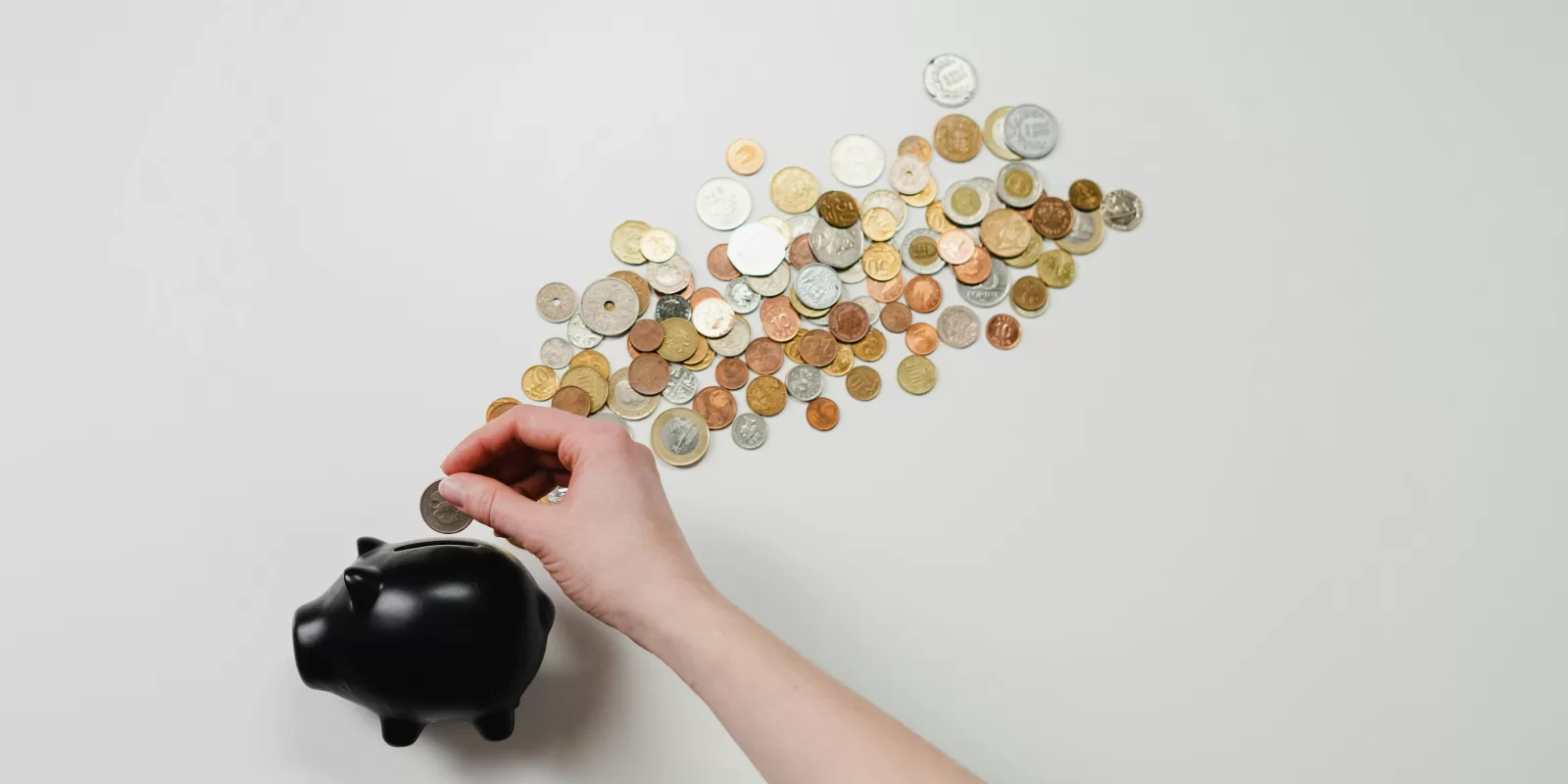 When you buy things not just for the sake of buying things but because you really need or want them, you’ll save a ton of money in the long run. As a society, we think we “need” something because everyone else has it, even if we can’t afford it. Racking up credit card debt on unnecessary purchases leads to stress and financial anxiety.
When you buy things not just for the sake of buying things but because you really need or want them, you’ll save a ton of money in the long run. As a society, we think we “need” something because everyone else has it, even if we can’t afford it. Racking up credit card debt on unnecessary purchases leads to stress and financial anxiety.
Becoming a more conscious shopper can save you money and potential financial worries. This isn’t to say you’re doomed to wear the same 3 outfits for eternity. Plan what clothing items you need for the season and budget accordingly.
Keep an eye on the items you can’t stop thinking about. Chances are, if you’ve got an item stuck in your head for a while, you’ll get a lot of use out of it. If you impulsively buy something, it might sit in your closet with the tags on for years. A good rule of thumb is if something catches your eye, wait 3-4 weeks to see if it’s still on your mind. By saving money on “things,” you can spend more on experiences like that vacation you’ve been dreaming of.
Emotional Shopper-
How many times have you treated yourself to “retail therapy” after a bad day? Maybe you felt better for a short time, until the shopper’s high wore off, leaving you feeling just as bad as you did before, plus the guilt of an impulse shopping spree.
Before trying to numb your emotions by blowing a bag, try sitting and processing them instead. Sure, it’s uncomfortable, but going for a walk, journaling, making art, meditating, or going to actual therapy are other more beneficial alternatives for dealing with your emotions.
Keeping Up With The Joneses-
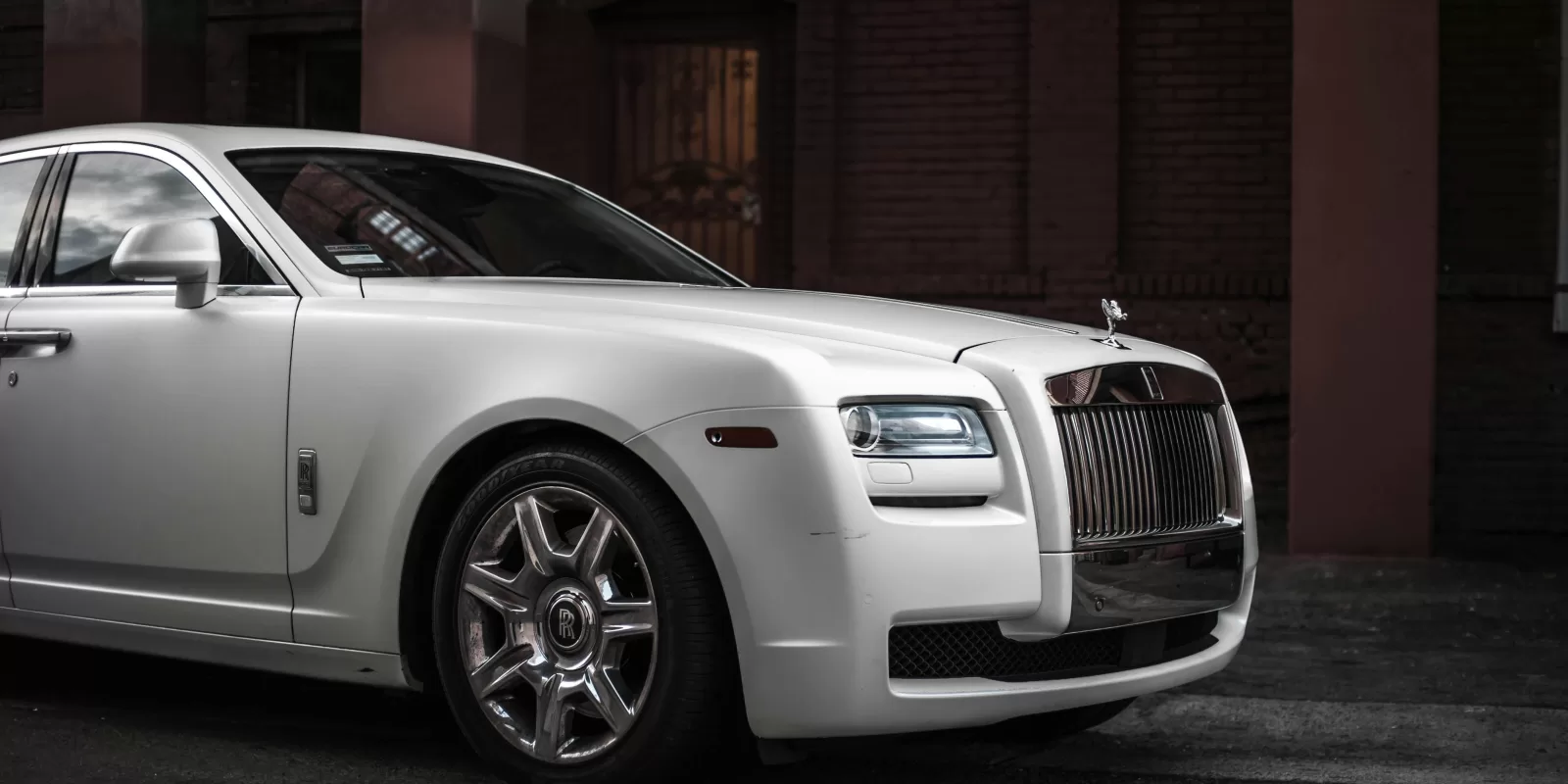 How often do you hear people working hard for years to reach peak success, only to realize their lives are completely miserable?
How often do you hear people working hard for years to reach peak success, only to realize their lives are completely miserable?
All the money in the world couldn’t fill the voids they were searching to fill. Minimalism isn’t only about having less but searching for what truly brings you happiness and fulfillment. If it isn’t in that new pair of shoes or that diamond bracelet, where is it?
Minimalism doesn’t deny that humans need certain basic things for survival, like food, shelter, and adequate clothing. With around 9% of the world’s population living in extreme poverty, the idea of minimalism extends to those who already have their basic needs met and are in a position of excess.
If we constantly want material things, we’ll never be satisfied. We’ll want a nicer car, a bigger house, or a more expensive handbag. While there’s nothing wrong with enjoying quality items and the finer things in life, we collectively need to stop defining our success and happiness by acquiring certain items. When things hold that much power over us, we tend to be less happy and unfulfilled with life, no matter how many positive things we have going on.
External & Internal World-
Keeping a clean, tidy, and decluttered space is an excellent way to keep your mind clear and focused. Our external environment plays a huge role in how we feel internally.
Do you notice under-the-surface feelings of anxiety when in a cluttered and messy space? If you have work, schoolwork, or other projects to complete, how can you expect to focus or get anything done?
You can unknowingly stress yourself out by keeping an untidy and unorganized space to hang out in. You’ll likely want to continue on a more minimalist path once you notice a spike in your energy, creativity, and focus.
Declutter-
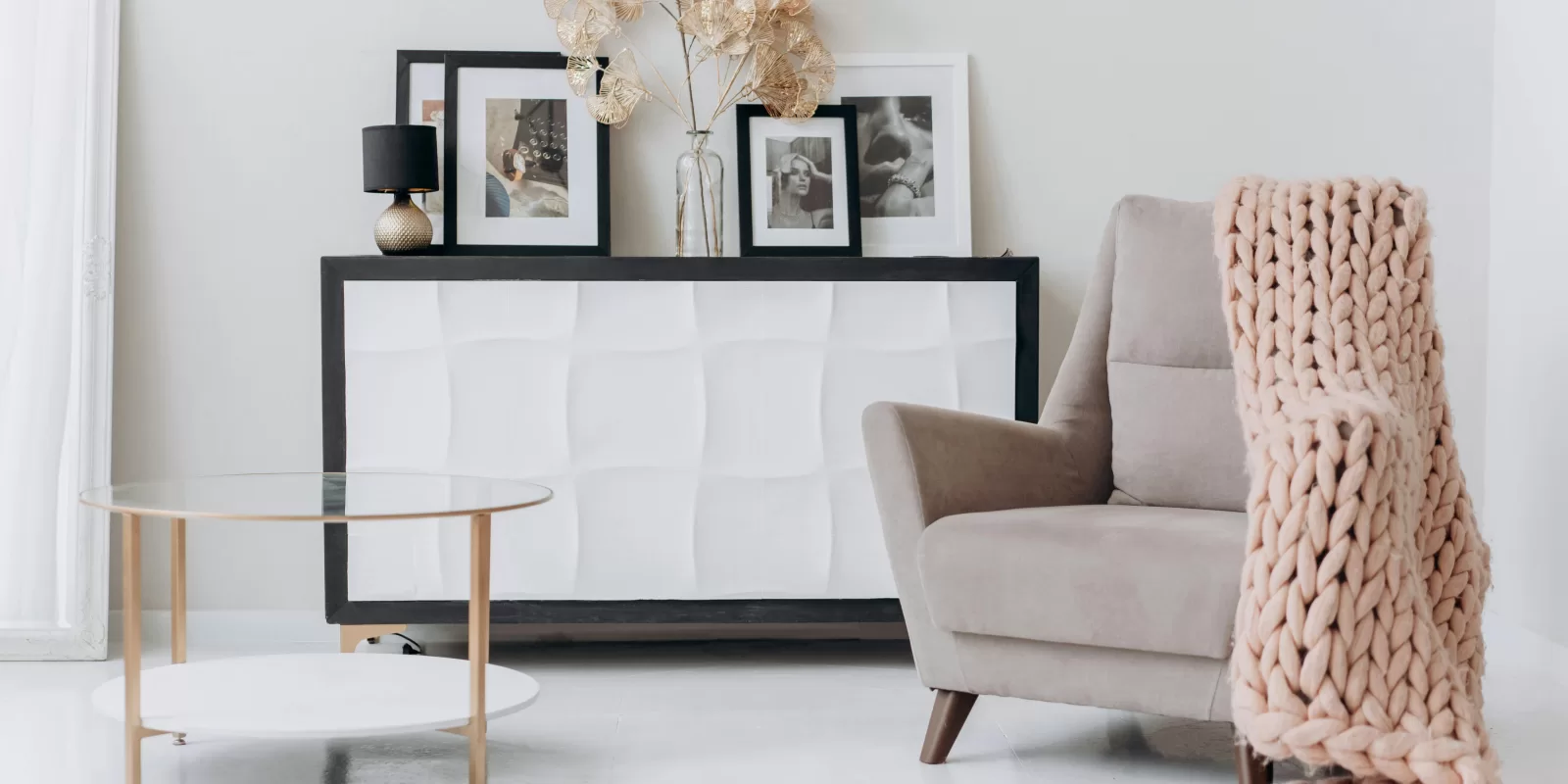 If you haven’t yet read Marie Kondo’s “The Life-Changing Magic of Tidying Up,” do so for your minimalistic journey. The “Kon Marie” method focuses on only keeping things that spark joy. What sparks joy may look different from one person to the next.
If you haven’t yet read Marie Kondo’s “The Life-Changing Magic of Tidying Up,” do so for your minimalistic journey. The “Kon Marie” method focuses on only keeping things that spark joy. What sparks joy may look different from one person to the next.
Another rule of thumb is if you haven’t used something in a year, you’re probably not going to use it… throw it out. Although it’s tempting to hold onto things you’ve spent money on but haven’t used, you’re not doing yourself any favours by hanging on and draining energy from your space.
Start your decluttering by doing your most-used rooms first, like your bedroom, bathroom, and kitchen. Do your most overwhelming rooms, ex, your basement or garage for last. Starting a decluttering purge by being immediately overwhelmed is a recipe for failure.
Clothes, papers, books, and random knick-knacks have to go. You don’t need to throw them straight in the trash; you can sell, donate, or give them to a friend. You can’t keep them… sorry. Also, don’t have yes, maybe, or no piles. If it’s a maybe, then it’s a no, and it’s got to go.
Feng Shui-
One of the most important components of Feng Shui is keeping your space clean and decluttered. Having an excess of things blocks the flow in a room and therefore blocks the flow of blessings and abundance from entering in.
Having a cluttered space tells the universe that there is no room for anything else. When you have a clean and clear space, pay attention to the opportunities, relationships, and/or abundance that easily flow in.
Not Just Things-
Minimalism isn’t only about decluttering material items; it can transfer to other areas of your life as well. Take into account who you spend your time with. Are these relationships energizing or draining you? Are you spending the majority of your time working and not enjoying life? Map out what your life currently looks like and what you’d prefer it to look like.
Focus on incorporating balance. Don’t volunteer or say yes to extra projects or tasks if you’re already overburdened. No one wants your help if you’re already tired, stressed, and don’t want to be there. Simplify all areas of your life, internally and externally, to notice the positive benefits that this lifestyle can provoke.
Final Thoughts-
Minimalism is a buzzword that seems intimidating and cold at first. Images of living with two white t-shirts and a bare apartment with a single stool might come to mind. While that can be true, minimalism can be done realistically.
Being intentional about the things you purchase and keep in your space will make you feel much lighter. Rethink how you try to buy your way to happiness and declutter to free up space, time, and money to do more of what truly brings you joy.
Stop keeping up with the Joneses and start living life on your terms. By incorporating minimalism into your lifestyle, you’ll benefit your mental, emotional, and spiritual health. Your stress and anxiety will lighten when you have a clear space and don’t feel overwhelmed with things or people that serve no purpose in your life.
You’ll also have more focus and clarity to be productive when you need to be productive and have the time to relax and decompress when you need to. Hopefully, you put minimalism that’ll work for you into practice to increase your overall well-being.
